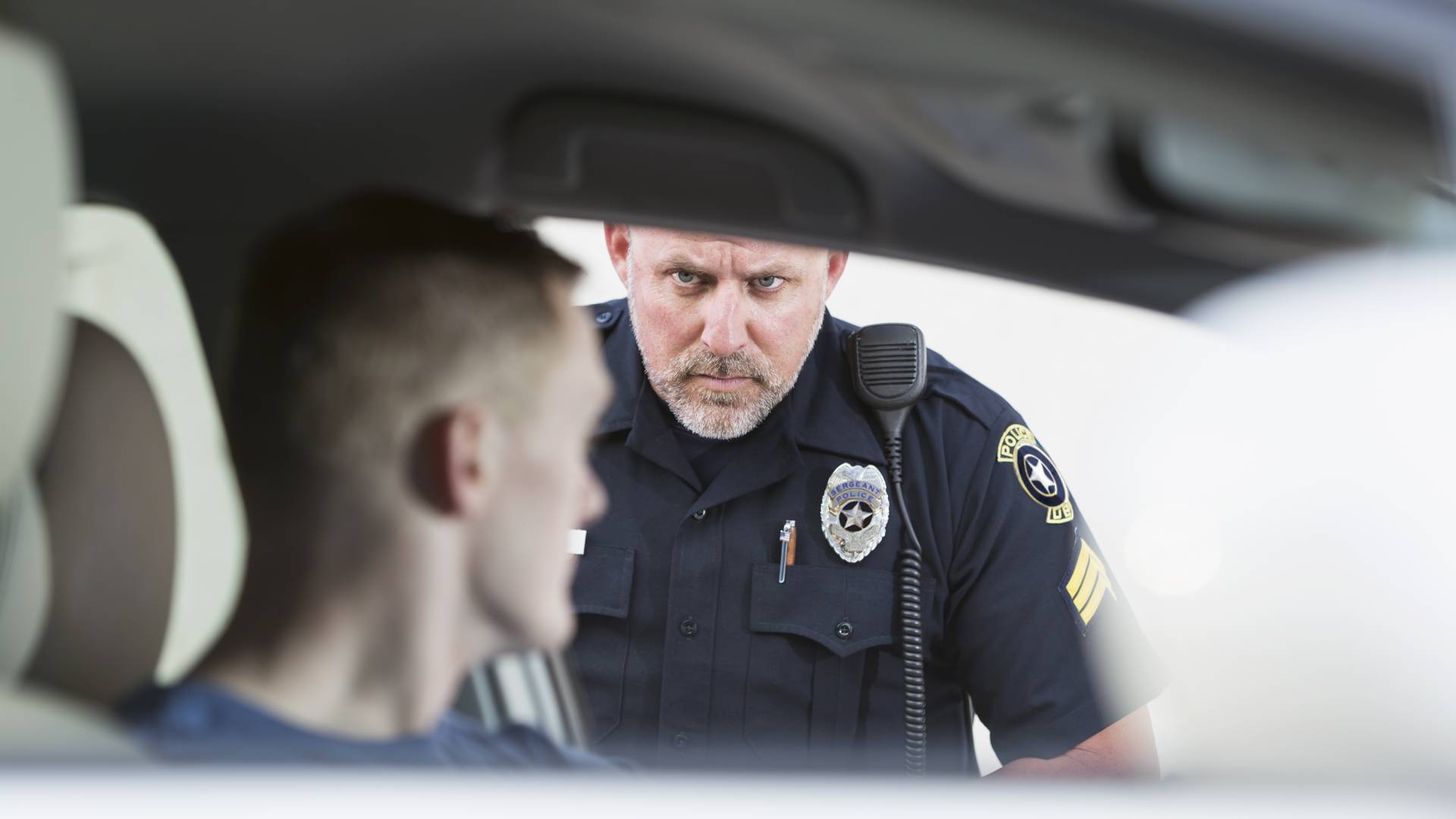Like every other state, Minnesota identifies misdemeanors based on the amount of time a convicted person may spend behind bars. If a person spends more than a year behind bars, they have been convicted of a felony, whereas sentences under a year fall under misdemeanors. The Tamburino Law Group team is here to discuss the legalities of misdemeanors in Minnesota and what a person should do in the case they are convicted of a misdemeanor.
Misdemeanors
In Minnesota, misdemeanors are divided into three categories: gross misdemeanors, misdemeanors, and petty misdemeanors.
Gross Misdemeanors
The first category, gross misdemeanors, is the most serious of the three. A person convicted of a gross misdemeanor in Minnesota may spend up to one year in jail and/or be fined $3,000. While each state has different crimes that are considered gross misdemeanors, here are some examples in the state of Minnesota.
Examples of Gross Misdemeanors include:
- Driving under the influence
- Aggravated assault
- Stalking (repeated offense)
Most gross misdemeanors include preventable behavior in which the guilty party knew the conduct they engaged in caused harmful behavior.
Misdemeanors
The second category, misdemeanors, is less serious than a gross misdemeanor but more serious than a petty misdemeanor. Misdemeanors in Minnesota are punishable by up to 90 days in jail and/or a fine of $1,000. Like gross misdemeanors, each state has different crimes that are considered misdemeanors. To understand the most common misdemeanors in Minnesota, the Tamburino Law Group team highly recommends reading our most recent blog here[1] .
Petty Misdemeanors
The third and final category, petty misdemeanors, is the least serious offense a person can be convicted of. Petty misdemeanors are punishable by a fine of $300 or less. Although these usually do not result in jail time, they can still go on your record and have a detrimental effect if not expunged correctly.
Examples of Petty Misdemeanors include:
- Certain types of trespassing
- Traffic violations
Misdemeanors to Felonies
Now that we’ve gone over the three types of misdemeanors, you might be wondering how a misdemeanor can become a felony. Great question! While some crimes are always classified as felonies, others may start out as misdemeanors but escalate to felonies.
The following are examples of how a misdemeanor may become a felony:
- Habitual Offenders: A person who has been convicted of the same misdemeanor multiple times may have their sentence escalated to a felony.
- Violent Crimes: If a misdemeanor involves violence, it may be classified as a felony.
- The Use of a Deadly Weapon: If a deadly weapon is used during the commission of a misdemeanor, it may be charged as a felony.
Statute of Limitations for Criminal Charges
Just like anyone else, prosecutors have time limits when it comes to filing criminal charges. Prosecutors are required to file any misdemeanor charges within three years of their offense. However, if an offender partakes in a diversion program, time spent in that program will not count against the three-year time limit. You can find more information on Minnesota's criminal statutes of limitations here.
Expungement of Misdemeanors
In Minnesota, a person may expunge a misdemeanor from their record if they meet certain eligibility requirements. The first requirement is that the person must have been convicted of only one misdemeanor offense. If the person has been convicted of multiple subsequent misdemeanors, they are not eligible to expunge their record.
The second requirement is that the person must have completed their sentence, including any probationary period, at least two years prior to petitioning the court for expungement.
If the person meets both of these requirements, they may file a petition with the court to expunge their misdemeanor from their record.
Seeking Legal Counsel
If you or a loved one has been convicted of a misdemeanor, it is important to seek legal counsel as soon as possible. The Tamburino Law Group team has expunged thousands of misdemeanors and can help get your life back on track. Give us a call today at (612) 444-5020 for a free consultation.

.2206071242550.jpg)


.2407131209550.png)





